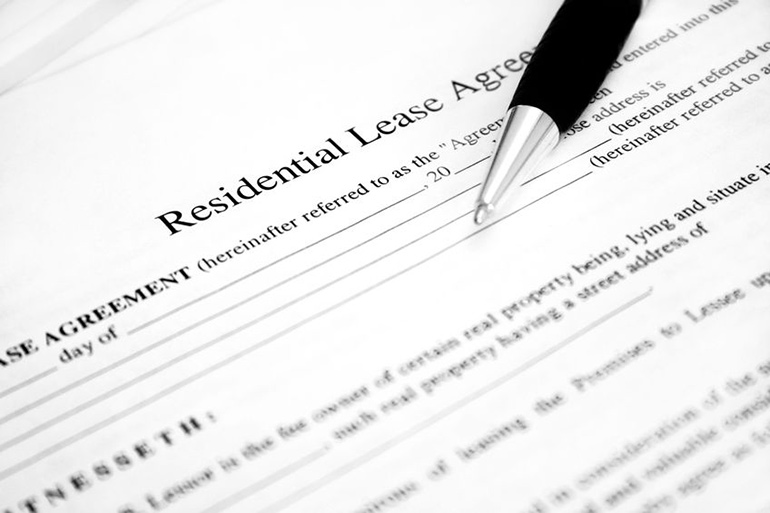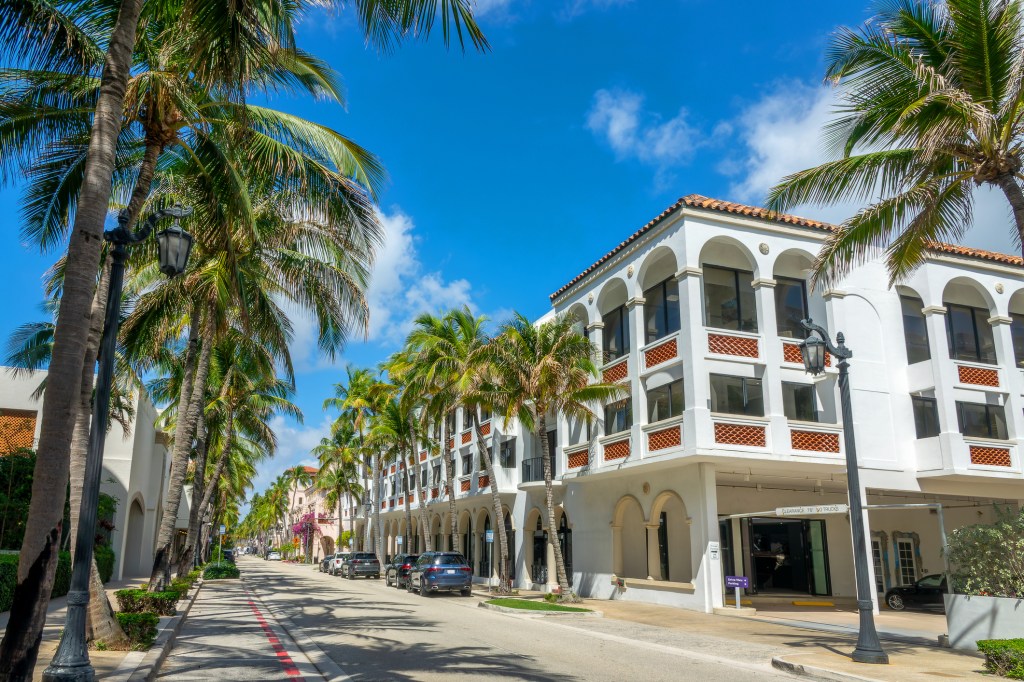Lieb at Law: Top 10 Lease Decisions for Landlords and Tenants

As the rental season starts on the East End, there are many details that need to be addressed and defined before the lease is finalized.
Landlords, if you are thinking about commoditizing legal services and just using a form lease, you may want to rethink this decision after you take a look at the list below that identifies items to consider before finalizing your lease. Tenants, when going into a blind rental, review this list as well to make sure you are comfortable getting into an agreement with the landlord. At the minimum, be mindful of your options.
RELATED – Real Estate Roundtable: Finding the Best Rental for Hamptons Summer
1. Included / Excluded Space
Clearly identifying what is included and excluded from the rental is a must to avoid conflict. Often a rental does not include the use of everything existing at the property. There may even be areas in the property where the landlord does not permit access.
For example, is the attic or basement included in the lease? What about the boat, is it included in the rental? Moreover, some properties have multiple structures for rent on the same lot (e.g., main house and cottage, etc.). In this scenario, does the lease include parking spaces (if so how many)? What about use of the gardens or pool? Is the pool shared with other tenants? These are just a few examples of what should be defined in the lease.
2. Total Rent / Base Rent / Additional Rent
The amount of rent may refer to total rent or just base rent. Base rent means the amount a tenant is required to pay for possession of the unit only where the tenant will also separately be responsible to pay for the extras required to run the unit. Think about pool service, house cleaning, gardening, oil, gas, electric, water, cable, insurance, etc.
RELATED – Real Estate Roundtable: Most Requested Home Features for East End Summer Rentals
These extras are referred to as additional rent and beyond allocating responsibility for payment of the extras between the landlord and the tenant, the methodology of how they are paid must be resolved. Specifically, how does payment flow; does the tenant pay the landlord? Who pays the vendors or does the tenant pay directly to the vendors?
Where the landlord pays the vendors, notice provisions for billing must be established in the lease. Where the tenant pays the vendors directly, there should be an additional security deposit for this added rent because the landlord will be responsible for clearing the account at the termination of the leasehold in order to transfer the accounts back into the landlord’s name.
3. Rent Grace Periods / Penalties
When is rent due? Sometimes rent is all prepaid, but other times it’s broken into installment payments. When there is a due date, what happens if the date is missed? Is there a late fee or is this just a breach? What about fees for cancelled / bounced checks? In New York, there is a minimum 3-day statutory cure period for unpaid rent where the tenant can cure after receipt of a mandatory notice to cure, as a condition precedent to an eviction proceeding.
4. Holdover Rent
At the end of a rental term, some tenants just don’t leave when they are supposed to surrender the premises. Is there a penalty if the tenant stays beyond the end of the rental and how much is that penalty?
5. Renewal Options
If the tenant likes the place, can they renew for another season? If so, at what price? Further, what is the deadline by which the tenant must make their renewal election and under what methodology must the election be undertaken?
6. Landlord Access
Sometimes the landlord needs access to make repairs. Other times the landlord wants to show the property for future tenants or for sale. Can the landlord just enter the premises whenever the landlord wants? Is there required notice before entry? Are there specific times of day which the landlord cannot enter? Are there emergency circumstances when the landlord can enter without notice?
7. Insurance
Is renters insurance required? If so, at what number? Is the landlord required to be an additional named insured (i.e., covered by the policy) and if so, does the landlord require proof of insurance? What about proof that the tenant has paid the premiums?
8. Pets
A service animal and an emotional support animal (a/k/a, a convenience animal or companion animal) is not a pet, but, instead, a protected treatment for an individual with a disability, to which a landlord must make a reasonable accommodation from its policies. However, as to pets, are they permitted? If so, are there species / breed restrictions? What about number of pet restrictions or size limits? Further, is there additional rent charged if pets are on the premises and if so, is that per pet or just generally for the existence of pets? What about additional security deposits?
9. Cure Periods
If you didn’t realize it, a seasonal rental will be over before an eviction proceeding can be completed. So, the effect of a notice to cure isn’t its statutorily stated purpose of a condition precedent to eviction, but, instead, a way to formally put the tenant in check when they fail to abide by the terms of the lease. Remember, in New York, there is a minimum 10-day period where the tenant may cure breached lease requirements prior to an eviction proceeding being available to the landlord.
10. Waivers
An eviction trial can be before a jury or that right can be waived by the tenant. Additionally, a tenant in an eviction proceeding can assert a counterclaim for damages against the landlord or the lease can waive this right. What about attorneys’ fees incident to an eviction proceeding, are they recoverable? Carefully outlining the rights of litigating parties within a lease is very important in order to make the business of renting property cost effective.
Andrew M. Lieb, Esq., MPH, is the managing attorney of Lieb at Law P.C. and a contributing writer for Behind the Hedges.









